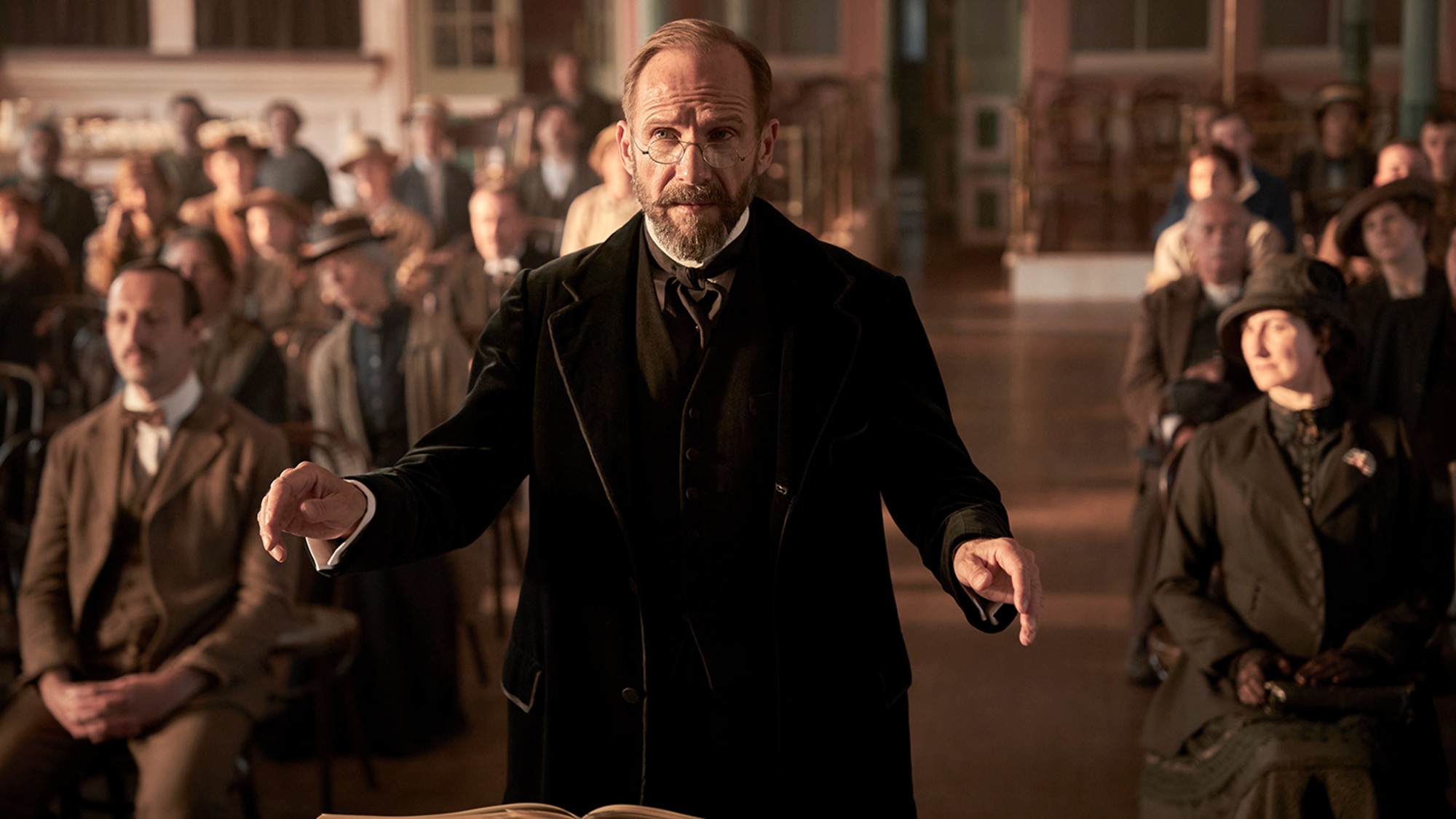UN axes Wonder Woman as honorary women's empowerment ambassador


The United Nations will no longer use the comic book superhero Wonder Woman to promote women's empowerment or messages about gender-based violence, the BBC reports. The fictional character was an honorary ambassador for just two months, during which the campaign was heavily criticized due to Wonder Woman's sexualized appearance.
Iframe Code
The Week
Escape your echo chamber. Get the facts behind the news, plus analysis from multiple perspectives.

Sign up for The Week's Free Newsletters
From our morning news briefing to a weekly Good News Newsletter, get the best of The Week delivered directly to your inbox.
From our morning news briefing to a weekly Good News Newsletter, get the best of The Week delivered directly to your inbox.
"It is alarming that the United Nations would consider using a character with an overtly sexualized image at a time when the headline news in United States and the world is the objectification of women and girls," a petition against Wonder Woman's appointment said. The petition additionally called the use of Wonder Woman "not culturally encompassing or sensitive."
Others defended the use of Wonder Woman, with science-fiction blog io9 writing that "condemning Wonder Woman for her appearance and dress is reductive at best. Not that artists haven't been guilty of sexifying [Wonder Woman] up, but she's been recognized as a feminist icon at least since Gloria Steinem put her on the cover of Ms. magazine in 1972. And while she's done her share of supervillain punching (and occasional killing), Wonder Woman has also spent the vast majority her years in the comics defending those in need, supporting women everywhere, and inspiring ... everybody."
The U.N. did not specify exactly why it would stop using Wonder Woman, effective Friday. A spokesperson told Reuters that fictional characters are often only ambassadors for a brief period of time.
A free daily email with the biggest news stories of the day – and the best features from TheWeek.com
Jeva Lange was the executive editor at TheWeek.com. She formerly served as The Week's deputy editor and culture critic. She is also a contributor to Screen Slate, and her writing has appeared in The New York Daily News, The Awl, Vice, and Gothamist, among other publications. Jeva lives in New York City. Follow her on Twitter.
-
 Film review: ‘The Choral’
Film review: ‘The Choral’Feature Ralph Fiennes plays a demanding aesthete
-
 Political cartoons for January 19
Political cartoons for January 19Cartoons Monday's political cartoons include Greenland tariffs, fighting the Fed, and more
-
 Spain’s deadly high-speed train crash
Spain’s deadly high-speed train crashThe Explainer The country experienced its worst rail accident since 2013, with the death toll of 39 ‘not yet final’
-
 ‘One Battle After Another’ wins Critics Choice honors
‘One Battle After Another’ wins Critics Choice honorsSpeed Read Paul Thomas Anderson’s latest film, which stars Leonardo DiCaprio, won best picture at the 31st Critics Choice Awards
-
 Son arrested over killing of Rob and Michele Reiner
Son arrested over killing of Rob and Michele ReinerSpeed Read Nick, the 32-year-old son of Hollywood director Rob Reiner, has been booked for the murder of his parents
-
 Rob Reiner, wife dead in ‘apparent homicide’
Rob Reiner, wife dead in ‘apparent homicide’speed read The Reiners, found in their Los Angeles home, ‘had injuries consistent with being stabbed’
-
 Hungary’s Krasznahorkai wins Nobel for literature
Hungary’s Krasznahorkai wins Nobel for literatureSpeed Read László Krasznahorkai is the author of acclaimed novels like ‘The Melancholy of Resistance’ and ‘Satantango’
-
 Primatologist Jane Goodall dies at 91
Primatologist Jane Goodall dies at 91Speed Read She rose to fame following her groundbreaking field research with chimpanzees
-
 Florida erases rainbow crosswalk at Pulse nightclub
Florida erases rainbow crosswalk at Pulse nightclubSpeed Read The colorful crosswalk was outside the former LGBTQ nightclub where 49 people were killed in a 2016 shooting
-
 Trump says Smithsonian too focused on slavery's ills
Trump says Smithsonian too focused on slavery's illsSpeed Read The president would prefer the museum to highlight 'success,' 'brightness' and 'the future'
-
 Trump to host Kennedy Honors for Kiss, Stallone
Trump to host Kennedy Honors for Kiss, StalloneSpeed Read Actor Sylvester Stallone and the glam-rock band Kiss were among those named as this year's inductees
